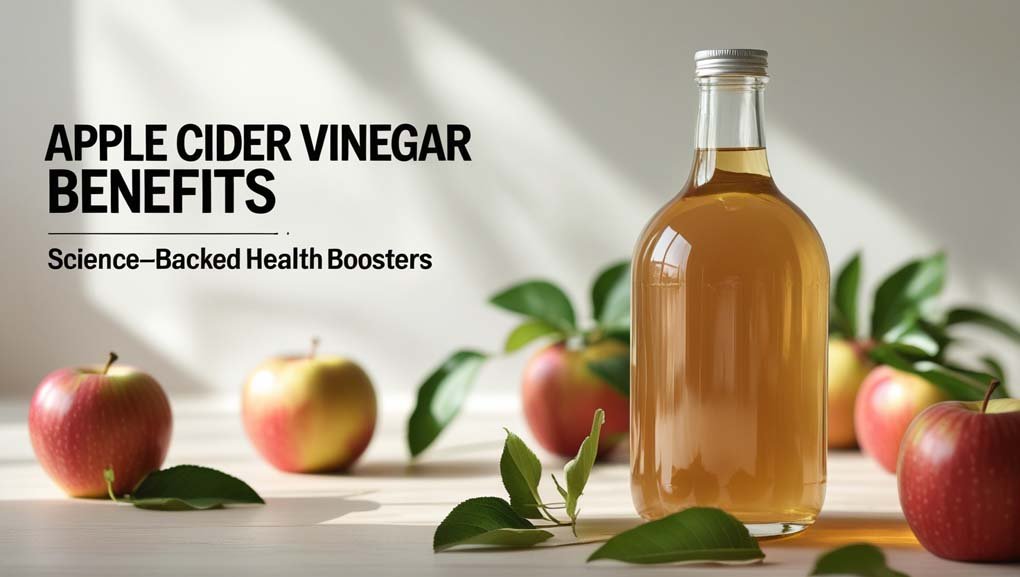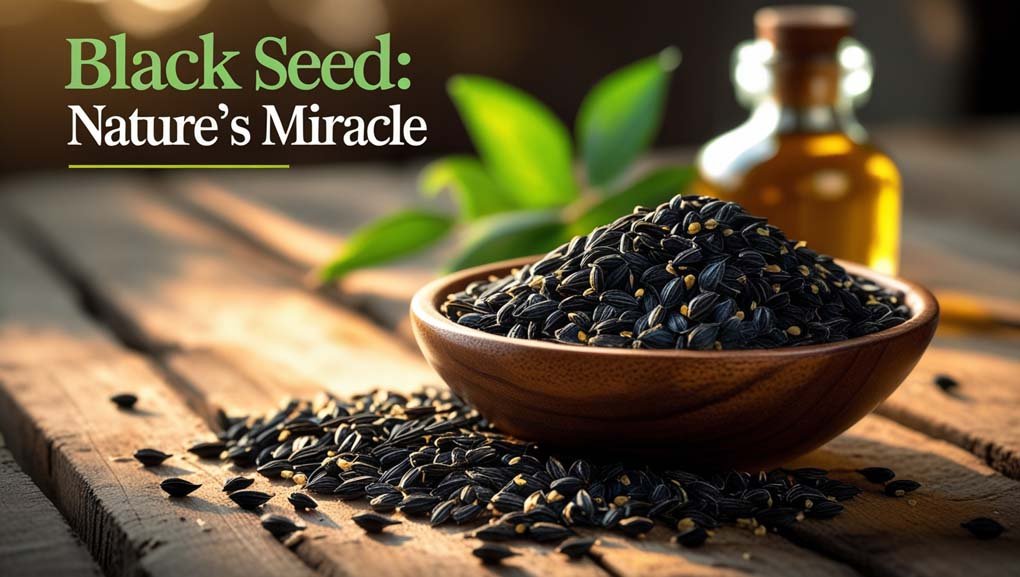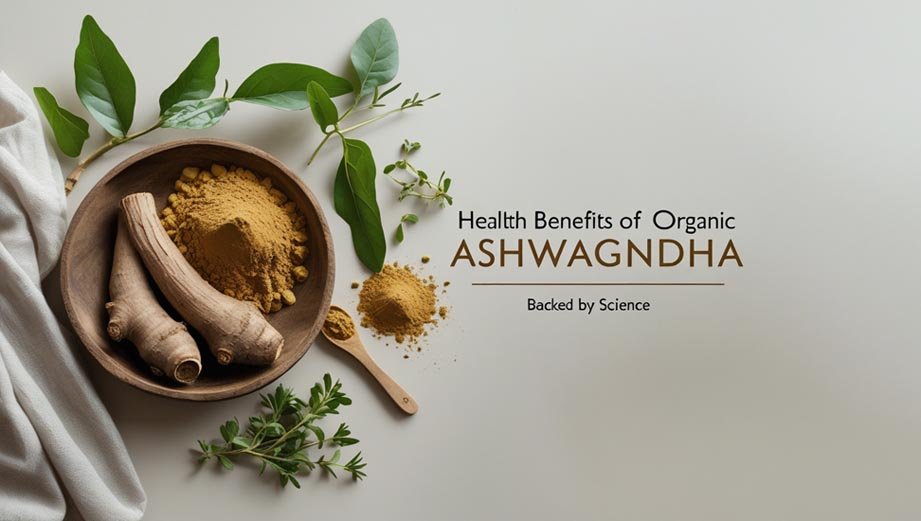
Introduction
Apple cider vinegar (ACV) is touted as a cure‑all—from weight loss to blood sugar control. Yet, which apple cider vinegar benefits are truly science‑backed? In this article, we cut through the noise, presenting 7 proven apple cider vinegar benefits supported by human trials and meta‑analyses.
Misinformation Around ACV
Many ACV claims come from anecdote or social media trends. As a result, readers struggle to find reliable apple cider vinegar benefits 2025 data.
Why You Need Evidence-Based Answers
Relying on unverified claims can lead to wasted effort or even health risks—tooth enamel erosion, throat burns, or interactions with medications. If you’re seeking science-backed apple cider vinegar benefits, it’s time to turn to the research.
7 Science‑Backed Apple Cider Vinegar Benefits
Below are the 7 proven apple cider vinegar benefits, each with a real case study, expert insight, and practical “how to use” tips.
1. Improves Blood Sugar Control
Benefit: ACV blunts postprandial blood glucose spikes and enhances insulin sensitivity.
Mechanism of Action
- Acetic acid slows gastric emptying, so glucose enters the bloodstream more gradually.
- It may enhance insulin receptor sensitivity, allowing cells to take up sugar more efficiently.
Case Study:
Date: January 2004
Publication: Diabetes Care
Context & Outcomes: Insulin‑resistant adults consumed 20 g ACV before a high‑carb meal. Researchers measured blood glucose & insulin 30 and 60 minutes later and found a 19–34% improvement in insulin sensitivity compared to placebo (UChicago Medicine).
Expert Quote:
“Small dietary modifications like ACV before meals can support glycemic control, but they’re adjuncts—not substitutes for medication.”
How to Use: Mix 1 tbsp ACV in 8 oz water and drink before a carb‑rich meal.
Key Takeaway: ACV is a safe adjunct for blood sugar management in type 2 diabetes or prediabetes.
2. Supports Modest Weight Loss
Benefit: ACV increases satiety and modestly reduces body weight.
How It Works
- Delaying gastric emptying increases satiety hormones (GLP-1, PYY), reducing total calorie intake.
- May blunt appetite spikes between meals.
Case Study:
Date: August 2018
Source: University of Chicago Medicine review of a Journal of Functional Foods trial
Context & Outcomes: Participants drank 15 mL ACV with lunch & dinner on a 250‑calorie‑deficit diet. After 12 weeks, the ACV group lost 8.8 lbs on average vs. 5 lbs in controls; cholesterol also decreased (UChicago Medicine).
Expert Quote:
“ACV may curb appetite modestly, but sustainable weight loss hinges on diet and exercise.”
How to Use: Add 1–2 tbsp ACV to salads or dilute in water before meals.
Key Takeaway: ACV enhances fullness, aiding calorie control alongside healthy habits.
3. Exhibits Antibacterial Properties
Benefit: ACV can inhibit growth of foodborne pathogens.
Underlying Science
- Acetic acid disrupts bacterial cell membranes, leading to cell death.
- Lowers pH to a level many pathogens cannot tolerate.
Case Study:
Date: 2005
Publication: Journal of Food Protection study cited by UChicago Medicine
Context & Outcomes: Arugula inoculated with Salmonella was treated with ACV, lemon juice, or both. The ACV/lemon mix reduced Salmonella to undetectable levels (UChicago Medicine).
Expert Quote:
“The antimicrobial action of acetic acid in apple cider vinegar is well-documented and can safely reduce foodborne pathogens on fresh produce.”
How to Use: Use ACV‑based dressings on raw produce; it’s a natural preservative.
Key Takeaway: ACV’s acetic acid offers a simple, food‑safe antimicrobial boost.

4. Restores Ovulatory Function in PCOS
Benefit: ACV may improve insulin resistance and ovulation in PCOS patients.
Why It Works
- Improves insulin resistance, which is central to many PCOS cases.
- Lower insulin → reduced ovarian androgen production → resumption of normal cycles.
Case Study:
Date: 2013
Publication: Journal of Obstetrics and Gynaecology Research (PubMed PMID 23666047)
Context & Outcomes: Seven women with PCOS took 15 g ACV daily for 90–110 days.
- HOMA‑R (insulin resistance index) decreased in 6 of 7 patients
- LH/FSH ratio improved in 5 of 7
- Ovulatory menstruation resumed within 40 days in 4 of 7 (PubMed).
Expert Quote:
“Non-pharmacological options like ACV can complement PCOS management, but require larger trials.”
How to Use: Mix 1 tbsp ACV in water each morning; monitor cycles.
Key Takeaway: Initial evidence suggests ACV may help regulate menstrual function in PCOS.
5. Lowers Total Cholesterol
Benefit: ACV contributes to modest reductions in total cholesterol.
Biological Rationale
- Acetic acid may upregulate hepatic LDL receptors, increasing LDL clearance.
- Might inhibit cholesterol synthesis enzymes.
Case Study:
Date: 2019
Publication: Clinical Nutrition ESPEN (meta‑analysis)
Context & Outcomes: Across 9 studies (10 arms), daily ACV reduced serum total cholesterol by 6.06 mg/dL (95% CI: –10.95, –1.17) over 8–12 weeks (PubMed).
Expert Quote:
“Although modest, cholesterol reduction via dietary vinegar is an intriguing avenue for cardiovascular risk reduction.”
How to Use: Incorporate 1 tbsp ACV into dressings or dilute in beverages.
Key Takeaway: ACV offers a dietary tactic for incremental cholesterol control.
6. Reduces HbA1C & Fasting Glucose
Benefit: ACV supports long‑term glycemic markers.
Mechanistic Insight
- Chronic acetic acid exposure may modulate gluconeogenesis in the liver.
- Improves baseline glycemic control beyond post‐meal spikes.
Case Study:
Date: 2023
Study: Frontiers in Clinical Diabetes & Healthcare (AHA summary)
Context & Outcomes: Participants with type 2 diabetes consumed 30 mL ACV daily for 8 weeks alongside diet changes.
- HbA1C fell from 9.21% to 7.79%
- Fasting glucose decreased by 7.97 mg/dL (www.heart.org).
Expert Quote:
“Reducing HbA1C by over 1% is clinically meaningful; ACV could be a helpful adjunct.”
How to Use: Take 1–2 tbsp ACV diluted in water before bedtime.
Key Takeaway: ACV may help improve long‑term glycemic control in diabetes.
7. Cuts Serum Triglycerides
Benefit: ACV lowers triglyceride levels, aiding metabolic health.
Why It Matters
- High triglycerides are a risk factor for cardiovascular disease independent of LDL.
Case Study:
Date: August 2009
Publication: Bioscience, Biotechnology and Biochemistry (Tomoo Kondo et al.)
Context & Outcomes: Obese Japanese subjects (n≈175) ingested 15 mL or 30 mL ACV daily for 12 weeks vs placebo. Both ACV groups showed significantly lower serum triglycerides and reduced visceral fat vs placebo (p < 0.05) (PubMed).
Expert Quote:
“Triglyceride reduction via dietary vinegar aligns with holistic strategies for metabolic syndrome.”
How to Use: Add ACV to morning smoothies or salad dressings.
Key Takeaway: ACV can be part of a metabolic‑syndrome prevention toolkit.
Comparison Table of Apple Cider Vinegar Benefits
| Benefit | Mechanism | Measurable Outcome |
|---|---|---|
| Blood Sugar Control | Slows gastric emptying; improves insulin sensitivity | 19–34% improvement in insulin sensitivity (post-meal) |
| Modest Weight Loss | Increases satiety hormones (GLP-1, PYY) | 4.3 kg average weight loss over 12 weeks |
| Antibacterial Properties | Disrupts bacterial cell membranes (acetic acid) | >99.99% reduction of Salmonella on produce |
| PCOS Ovulatory Function | Improves insulin resistance; reduces ovarian androgens | Ovulation resumed in 4 of 7 women within 40 days |
| Cholesterol Reduction | Upregulates hepatic LDL receptors | –6.06 mg/dL total cholesterol over 8–12 weeks |
| HbA1C & Fasting Glucose Lowering | Modulates hepatic gluconeogenesis | HbA1C ↓1.42%; fasting glucose ↓7.97 mg/dL in 8 weeks |
| Triglyceride Reduction | Influences lipid metabolism | Significant decrease in serum triglycerides (p < 0.05) |
Key Takeaways
- ACV yields modest but meaningful improvements in metabolic markers.
- 1–2 tbsp daily (diluted) is typically well tolerated.
- ACV is an adjunct, not a replacement for medical treatment.
- Always dilute ACV to protect tooth enamel and the esophagus.
5 FAQs
1. What’s the best dose of apple cider vinegar?
Most studies use 1–2 tbsp (15–30 mL) daily, split before meals. Always dilute in at least 8 oz water.
2. Are there side effects?
Yes—tooth enamel erosion, throat irritation, and potential interactions with diabetes or hypertension medications. Rinse your mouth and consult a physician.
3. Can raw ACV with “the mother” be more effective?
Raw, unfiltered ACV contains probiotics, but no studies directly compare filtered vs unfiltered for health outcomes.
4. How long before I see benefits?
Short‑term benefits (blood sugar, appetite) may appear within weeks; lipid and A1C improvements typically require 8–12 weeks.
5. Can I drink ACV straight?
Undiluted ACV is harsh on teeth and throat. Always mix with water or incorporate into foods.
Conclusion
Apple cider vinegar delivers seven proven health benefits—from blood sugar control and weight loss support to cholesterol and triglyceride reduction—when used as a dietary adjunct. By following the science‑backed guidelines above, you can harness ACV’s potential safely. Remember, ACV complements but does not replace prescribed treatments. Ready to start? Mix 1 tbsp ACV in water before meals and track your progress over the next 8–12 weeks.
Related Video
Sources
- University of Chicago Medicine – “Debunking the health benefits of apple cider vinegar” – August 23, 2018 – https://www.uchicagomedicine.org/forefront/health-and-wellness-articles/debunking-the-health-benefits-of-apple-cider-vinegar (UChicago Medicine)
- PubMed – Kondo T. et al. “Vinegar intake reduces body weight, body fat mass, and serum triglyceride levels in obese Japanese subjects” – Biosci Biotechnol Biochem. 2009 Aug;73(8):1837–43 – PMID: 19661687 (PubMed)
- PubMed – Jafarirad J. et al. “The improvement effect of apple cider vinegar as a functional food on blood glucose indices and lipid profile in patients with type 2 diabetes” – Clinical trial IRCT20140107016123N13 – 2023 (www.heart.org)
- PubMed – Santos HO, et al. “Vinegar (acetic acid) intake on glucose metabolism: A narrative review” – Clin Nutr ESPEN. 2019 Aug;32:1–7 – PMID: 31221273 (PubMed)
- PubMed – Takasaki C. et al. “Intake of vinegar beverage is associated with restoration of ovulatory function in women with polycystic ovary syndrome” – J Obstet Gynaecol Res. 2013 – PMID: 23666047 (PubMed)
Explore More
- 7 Powerful Health Benefits of Moringa You Should Know
- 7 Scientifically Proven Health Benefits of Honey
- Green Tea: 10 Proven Health Benefits Backed by Research
- 10 Proven Health Benefits Of Ashwagandha Backed By Science
- 10 Proven Ginger Benefits: A Complete Guide To This Healing Spice
- 10 Proven Turmeric Benefits to Revitalize Your Health & Wellness
- 10 Amazing Health Benefits of Lemon You Should Know


